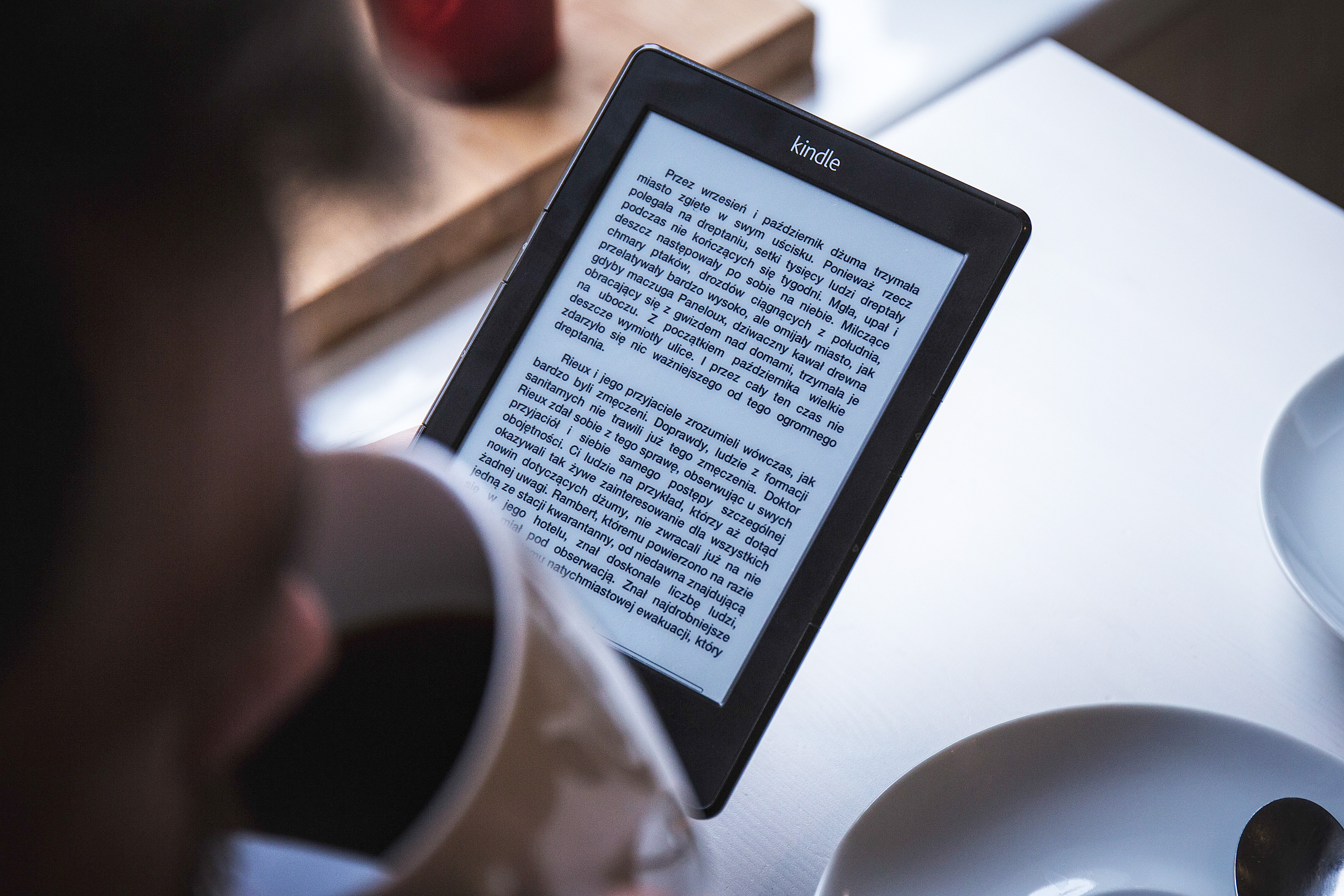A 2013 study found that the majority of college students prefer printed books over electronic books.
“For me, it depends on how I want to use the book,” Chris Rosser, theological librarian at Oklahoma Christian University, said. “If I am doing research and I need information, in that case an e-book will work just fine, because I can use it to find information very quickly. If I want to read something for enjoyment and pour over each page it has to be a print book. It is harder to enjoy something in electronic form.”
Naomi Baron, linguistics professor at American University, conducted studies in 2010 and 2013 that found that 92 percent of students in the United States prefer physical books to e-books.
Baron is the author of “Words Onscreen: The Fate of Reading in a Digital World,” published in 2015, which focuses on how technology affects the way individuals read. In the process of writing “Words Onscreen,” Baron and a team conducted research on student preferences in books to support her explanation for print books being satisfactory.
According to Tech Times, researchers asked more than 420 university students from the U.S., Slovakia, Japan and Germany in 2010 and 2013. They found that 92 percent preferred paper books instead of e-books.
“I think my generation right now may prefer the physical book, because we have been exposed to them,” junior Casey Maynard said. “Everything was physical and I feel as of recently it has been e-books. I was raised reading physical books so I prefer them.”
Maynard said that the preference of printed books may be generational.
“My elementary school now has iPads in junior high, so the generation that was raised with e-books may be the supporters of them as that is all they know,” Maynard said. “I think it’s just going to be generational for those who have started with e-books and they may be the ones to keep e-books essentially functioning.”
Some students at Oklahoma Christian University said they prefer print books as well, but that e-books are more convenient at times.
Junior nursing major Brittney Waisner said she mostly uses e-books for her major courses.
“It is nice to have everything on one device and not having to keep up with books, but when it comes to highlighting or going back and looking for something it’s harder on an e-book,” Waisner said.
However, Maynard said that e-books have disadvantages as well.
“Personally after taking notes in class all day, it is exhausting for my eyes to stare at a laptop screen and then to read for the night too,” Maynard said. “Sometimes I think it would be nice to look at paper copies just to give my eyes a rest.”
Waisner said that e-books do not allow as much flexibility as paper books after using them.
“Anyone who has a physical copy of a text book can return it, we cannot return our e-books,” Waisner said. “People can get money back for their textbooks when they are done with it, but you get the e-book which costs a lot of money, you cannot buy it used or from someone else then you are stuck with it and can’t get anything from it.”
According to Maynard, physical books help with memory of content too.
“I believe that physically writing helps rather than typing,” Maynard said. “I could type a note and not remember it, but I could write it and know what page, what the picture was and where I wrote it. Physically, it’s easier to visualize that.”
Junior Zoe Schaller said that physical books provide deeper connections between the reader and the material.
“Honestly there is something special about connecting with a physical book,” Schaller said. “If I like a book enough I will buy a physical copy of it. I think that the future of e-books might have a lot to say about the future of readers, how people are connecting to literature.”















Be First to Comment